How to Cope With Losing a Dog: Real Advice for Heartbroken Owners
Loss of a dog is devastating. Learn how to cope with losing a dog or cat, navigate grief, and find comfort through each stage of loss and healing.
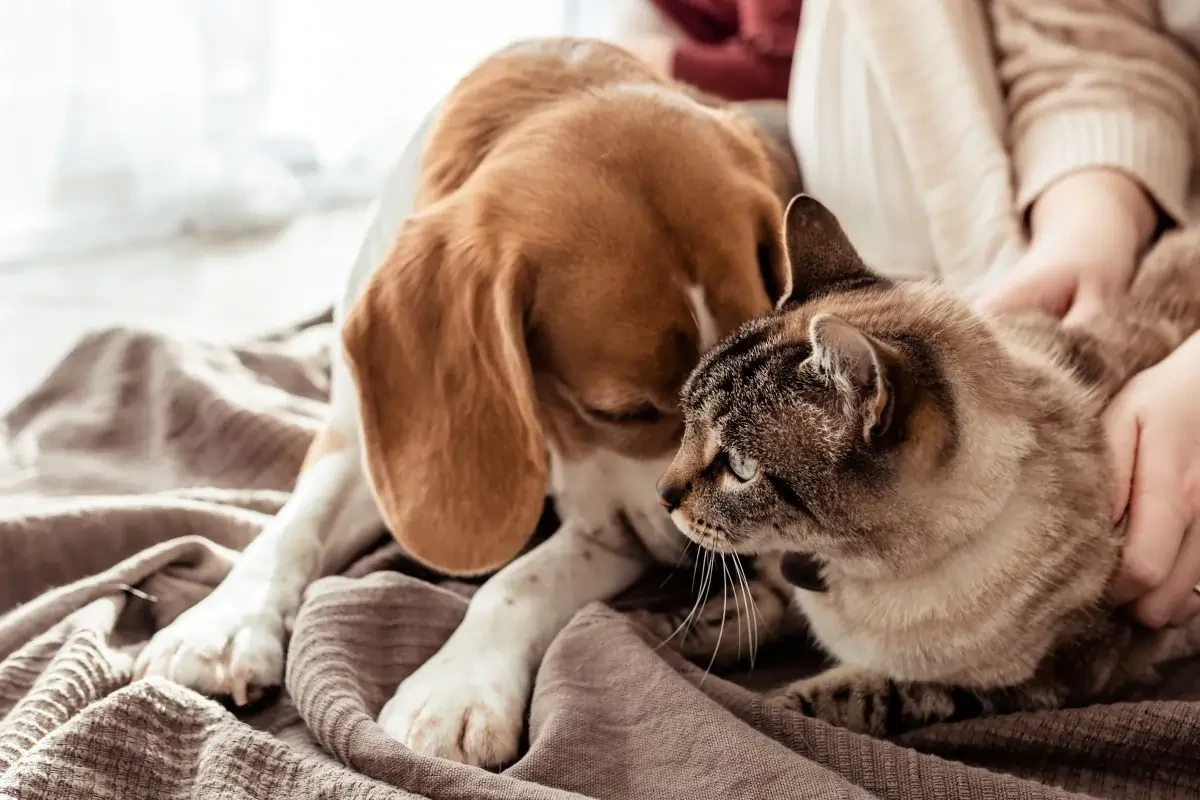
Table of Contents
Healing After Loss: How to Cope with Losing a dog
Losing a dog isn’t just a sad moment—it can feel like your world has been flipped upside down. For many of us, pets are family. They’re the ones who greet us at the door, cuddle us during hard times, and love us unconditionally. So when that furry friend is suddenly gone, the grief can be deep, overwhelming, and very real. In this guide, we’ll explore how to cope with losing a pet, especially if you’re dealing with the pain of loss of a dog. From understanding the stages of grief to finding comfort in daily life again, you’ll find support, validation, and hope.
Why Saying Goodbye Hurts So Deeply
The pain of losing a dog often catches people off guard. You might hear, “It was just a dog” or “Get another one.” But these kinds of comments overlook a very important truth: your bond with your pet was built on trust, love, and countless shared moments. loss of a dog means losing a companion, a daily routine, and a part of yourself. It’s normal to feel devastated.
It’s Not “Just a Dog”: Why Your Grief Is Real
For many, loss of a dog can feel as painful as losing a close human family member. Is losing a dog like losing a child? In some ways, yes. The emotional impact can be similar because pets rely on us completely, and we often see them as our babies. Your grief is valid. Don’t let anyone minimize your pain.

The 5 Stages of Grief After Loss of A Dog
Grieving isn’t linear, but many people experience these five stages:
Denial
You might wake up and still expect to hear paws padding on the floor. You might leave the door open out of habit. This is your mind protecting you from shock.
Anger
Anger might be directed at yourself, the vet, or just the world for letting this happen. You might think, “I should’ve done more,” or “Why now?”
Bargaining
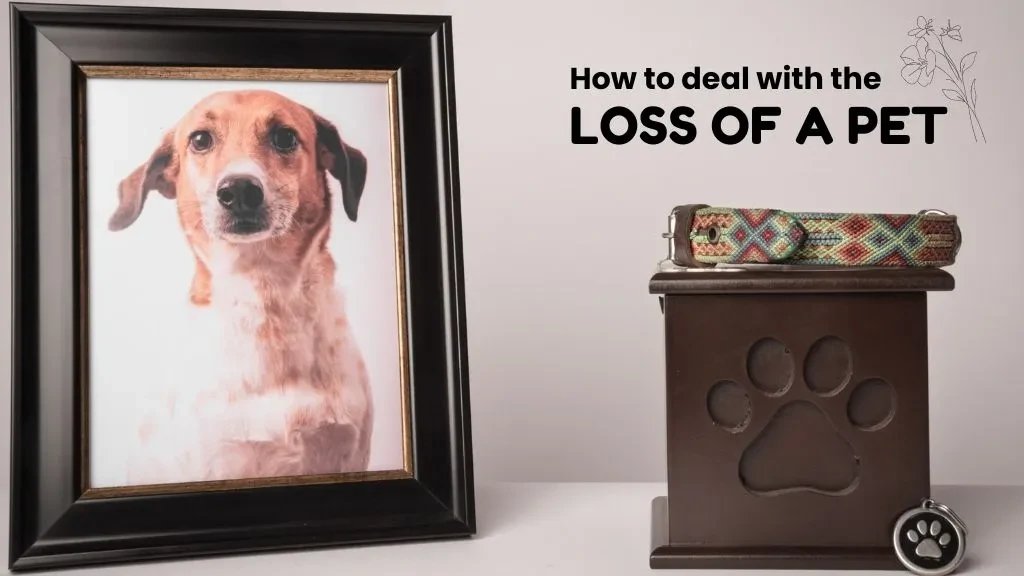
“If I had noticed the signs earlier…” or “If I hadn’t gone on that trip…” These thoughts are a natural attempt to regain control in a painful situation.
Depression
This can be the hardest stage. The house feels quiet. Their favorite toy is still in the corner. The emptiness can feel like it will never go away.
Acceptance
Acceptance doesn’t mean you’re no longer sad. It means you’ve found a way to live with the loss. You remember your pet with love more than pain.
How to Cope with Losing a Dog: Healthy Ways to Grieve
Coping with the loss of your dog means allowing yourself to grieve in your own way and time. Here are some ways to support yourself:
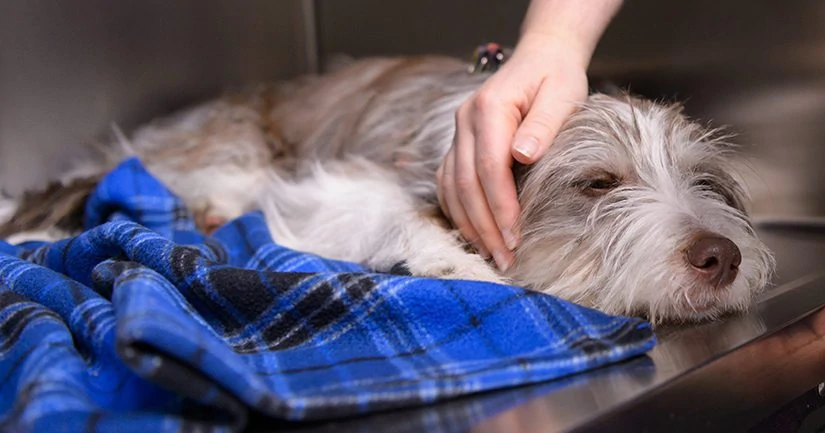
- Cry without shame. It’s healing, not weakness.
- Create a memory space. A corner of your home with photos, their leash, a paw print, or their favorite toy.
- Write to them. Journaling or writing a letter can help express emotions that are hard to say out loud.
- Talk it out. Whether with friends, family, or a pet loss support group—don’t isolate.
- Honor their life. Hold a small ceremony, plant a tree, or donate to a local shelter in their name.
Living Alone After Loss of A Dog
Many people ask, “How do you live alone after loss of a dog?” Pets fill our space, both physically and emotionally. When they’re gone, the silence can be deafening. To manage this:
- Fill your time with healing routines. Morning walks, journaling, or lighting a candle for them.
- Talk to them out loud. It might feel strange, but it can be comforting.
- Play music or podcasts. It helps ease the silence.
- Invite someone over. Don’t let loneliness sink in too deep.
When Your Other Pets Grieve Too
Yes, animals grieve. If you have another pet, you may notice changes like:
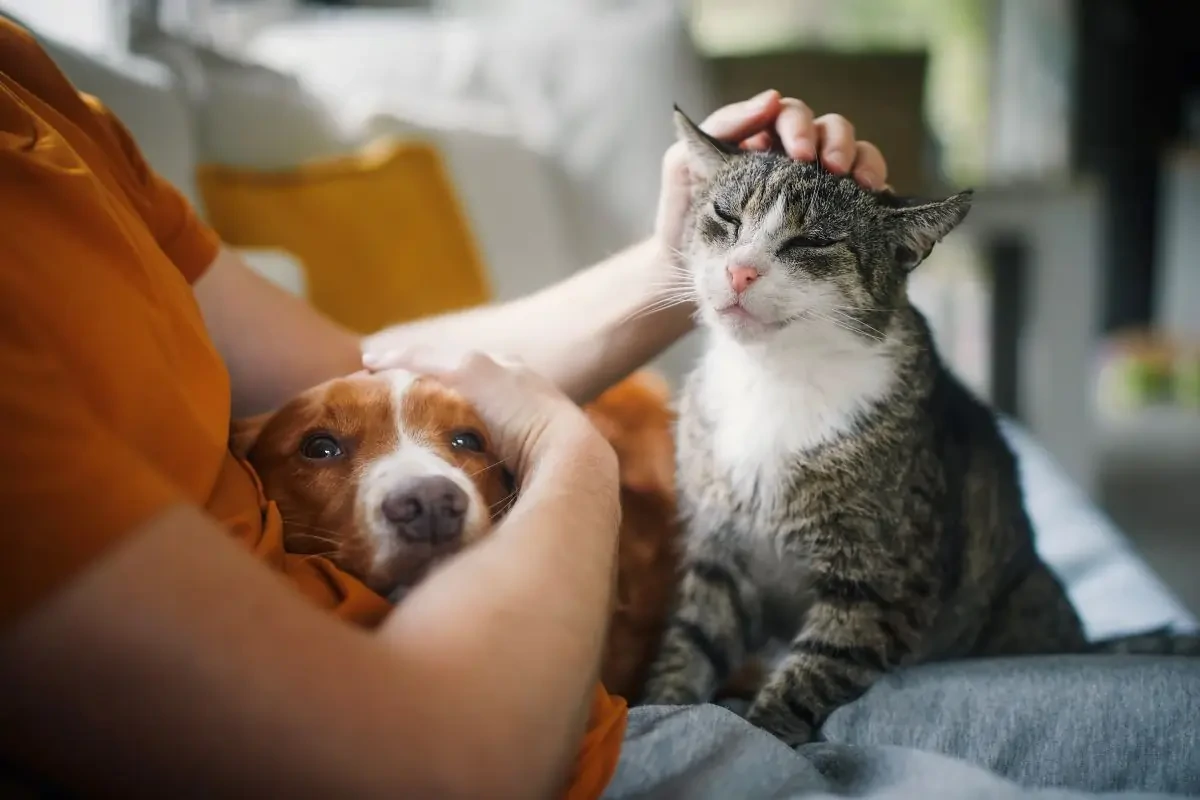
- Loss of appetite
- Increased clinginess or withdrawal
- Restless behavior
Give them extra attention. Keep routines as normal as possible. Let them sniff their sibling’s blanket or toy. And most of all, grieve together.
Why the Pain Feels So Deep and Empty
You might wonder, “Why do I feel so empty after losing my dog?” Dogs are constant. They don’t judge. They don’t hold grudges. They simply love. So when that constant disappears, it’s a massive loss.
The pain feels so heavy because your dog wasn’t just a pet—they were a part of your life, woven into your daily rhythms. Losing a dog disrupts everything: sleep, eating, exercise, even your sense of purpose.
Why the Pain Feels So Deep and Empty
You might not feel joy for a while. That’s okay. But eventually, you’ll smile again—maybe at a memory, or when you see another dog on the street.
Here’s how to gently find joy again:
- Don’t rush to fill the void. No pet can replace the one you lost.
- Consider your emotional readiness. Can you welcome new love while honoring the old?
- Visit shelters without pressure. Sometimes you’ll just know.
Grieving a pet before getting another one is healthy. Trust your timing.
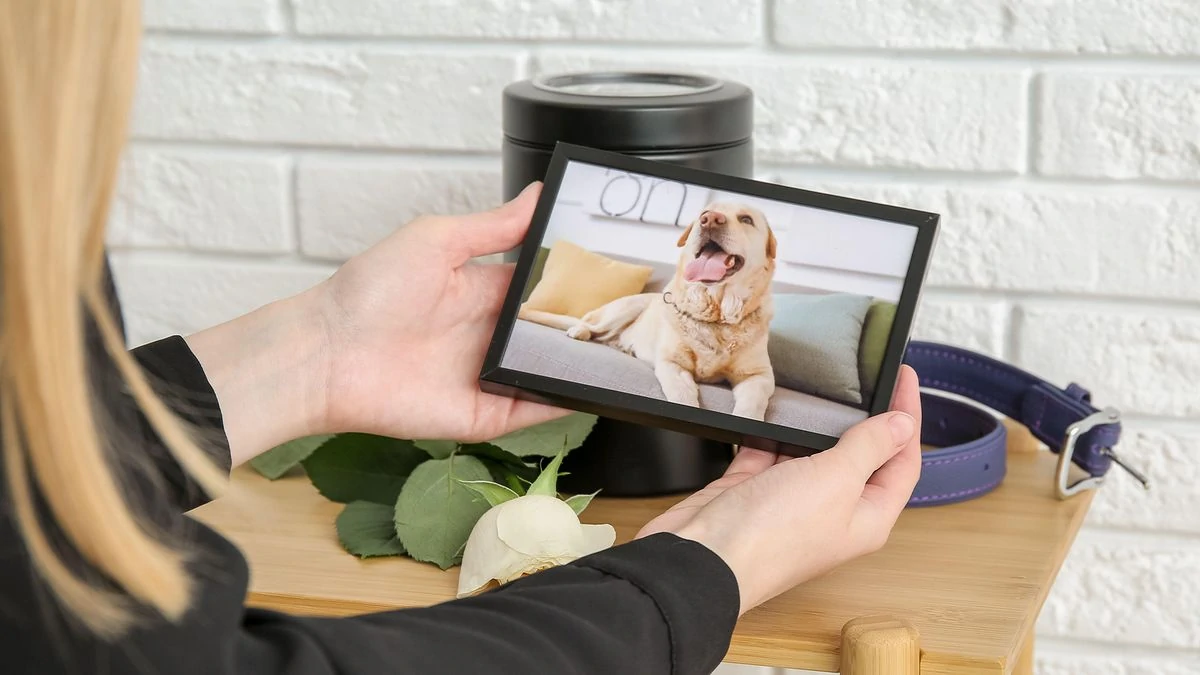
When It Feels Too Much to Handle
Can losing a pet be devastating? Absolutely. If you’re struggling to eat, sleep, or function for weeks, it might be time to get extra support:
- Talk to a therapist. Especially one experienced with pet loss.
- Join a pet grief support group. Online or local.
- Call a helpline. Organizations like the ASPCA offer pet grief hotlines.
You don’t have to do this alone.
You Loved Deeply—That’s the Greatest Gift
The pain you feel is a reflection of the love you gave. That love doesn’t go away. It transforms—into memory, into strength, and into a deeper understanding of what it means to care without conditions.
You don’t have to “move on”—you just have to move forward. Keep their memory alive. Carry them in your heart.
And when the time is right, know that it’s okay to open your heart again. Because love, even after loss, is always worth it.
Holiday Sale
Up to 60% off
Get your favorite gift box
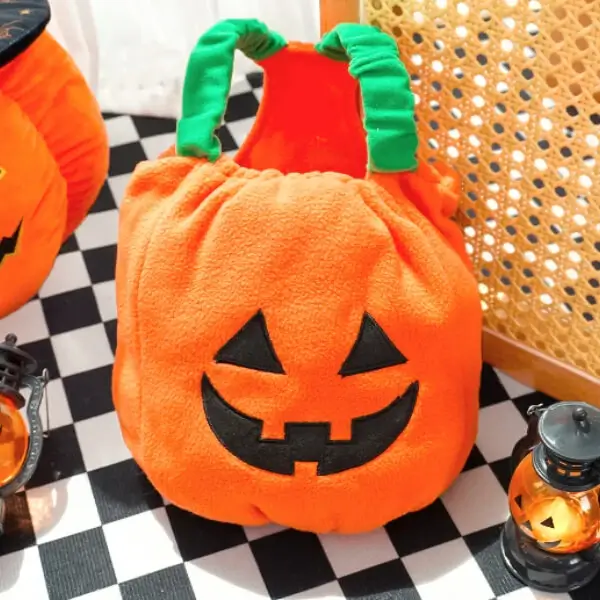
Latest Articles
Check out our latest articles here
-
Is a Black Cat Christmas Sweater Your Perfect Holiday Look?

A black cat christmas sweater is the perfect holiday look. Find the coziest styles and the best fit for your festive celebrations.
